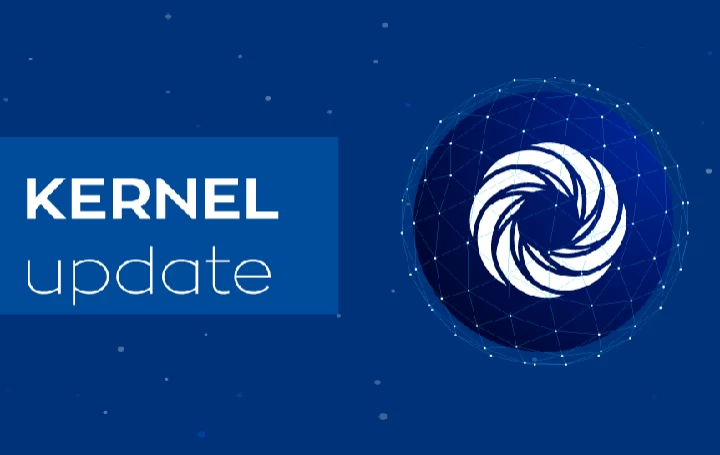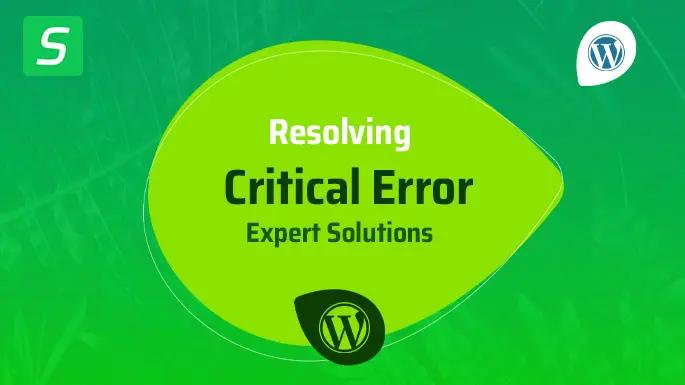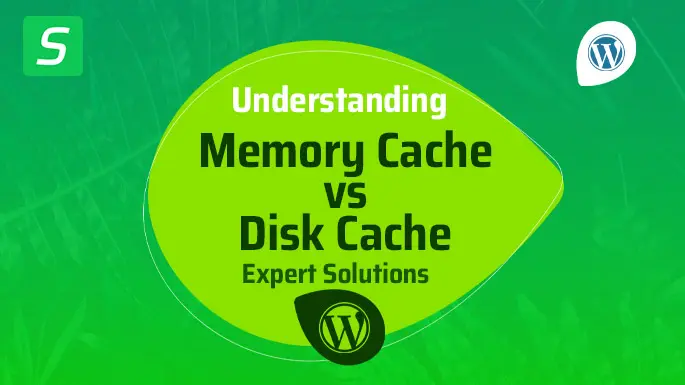Introduction
WordPress, a versatile and powerful platform, often finds its home on shared hosting due to its accessibility. However, optimizing its performance in this environment requires strategic planning and execution. This guide delves into expert tips and insights to enhance the performance of your WordPress website on shared hosting.
Understanding the Challenges of Shared Hosting
Shared hosting, while cost-effective, poses limitations due to shared resources. The performance of your WordPress site can be affected by the actions of other websites sharing the same server. Understanding these challenges is the first step toward optimization.
Quick Answer: Key Tactics for WordPress Optimization on Shared Hosting
Before diving into detailed strategies, here’s a quick rundown of essential tactics:
| Tactics for Optimization | Description |
|---|---|
| Caching Mechanisms | Implement caching plugins for faster load times. |
| Content Delivery Networks | Leverage CDNs to distribute content efficiently. |
| Image Compression | Reduce image sizes without compromising quality. |
| Minimize Plugins | Use essential plugins; avoid resource-heavy ones. |
| Regular Maintenance | Update WordPress, themes, and plugins regularly. |
Expert Tips for Optimizing WordPress on Shared Hosting
- Caching for Speed: Utilize caching plugins like W3 Total Cache or WP Super Cache to generate static HTML versions of your site, reducing server load and enhancing speed.
- Content Delivery Networks (CDNs): Integrate CDNs like Cloudflare or StackPath to distribute content across various servers worldwide, diminishing server load and accelerating load times.
- Optimize Images: Compress images using tools like Smush or ShortPixel to reduce their size without compromising quality, ensuring faster load times.
- Plugin Management: Evaluate and limit the use of plugins, opting for lightweight, well-coded ones to minimize resource consumption.
- Regular Maintenance: Keep WordPress, themes, and plugins updated to benefit from performance improvements and security patches.
FAQs: Addressing Common Concerns
- Q: Can I use any caching plugin on shared hosting?
- A: Opt for plugins compatible with shared hosting limitations. Experiment with different plugins to find the best fit.
- Q: How do CDNs improve site speed on shared hosting?
- A: CDNs store your site’s content on multiple servers globally, reducing latency by delivering content from the nearest server to the user’s location.
- Q: Will image compression affect image quality?
- A: Quality remains intact with efficient image compression tools that optimize size without compromising visual integrity.
- Q: How many plugins are too many for shared hosting?
- A: Aim for essential plugins only. The number varies based on their efficiency and resource usage.
- Q: What happens if I don’t update WordPress and plugins regularly?
- A: Outdated software poses security risks and may cause performance issues due to compatibility issues or unpatched vulnerabilities.
- Q: Can shared hosting handle high-traffic WordPress sites?
- A: With optimization and proper resource management, shared hosting can accommodate moderate to high traffic. Consider upgrading if the traffic consistently strains resources.
- Q: How often should I perform maintenance on my WordPress site?
- A: Regularly schedule updates and maintenance, ideally weekly, to ensure optimal performance and security.
- Q: Should I use managed WordPress hosting instead of shared hosting?
- A: Managed WordPress hosting offers specialized optimization and support, but it may be costlier than shared hosting.
- Q: How can I test my site’s performance after optimization?
- A: Utilize tools like GTmetrix or Google PageSpeed Insights to measure site performance and identify areas for improvement.
- Q: Are there any specific hosting providers ideal for WordPress on shared hosting?
- A: Providers like SiteGround, Bluehost, and A2 Hosting offer optimized environments for WordPress on shared hosting.
Conclusion
Optimizing WordPress on shared hosting demands a proactive approach. By implementing caching, leveraging CDNs, optimizing images, managing plugins, and conducting regular maintenance, you can significantly enhance your site’s performance. Understanding the limitations of shared hosting while employing these expert strategies will unlock the full potential of your WordPress website.





